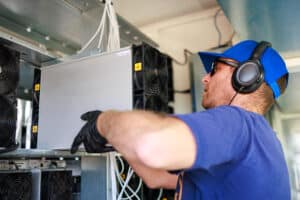Mining Bitcoin at home may sound empowering—plug in a rig, earn digital gold. But in 2025, reality looks very different. With rising network difficulty, sky-high power use, and decreasing block rewards, home mining is no longer a path to passive wealth—it’s a technical hobby with steep costs.
So, is it still worth mining Bitcoin at home? If you’re a high-net-worth investor weighing mining as a serious income-generating asset, this blog will help you evaluate the trade-offs between DIY setups and professional turnkey options like those offered by Abundant Mines.
The Real Cost of Home Mining
Setup and Infrastructure
To mine Bitcoin profitably at home, you’ll need:
- A high-efficiency ASIC miner (~$3,000–$6,000)
- A 240V power circuit (installation required)
- Cooling systems (industrial fans or ducting)
- A space to isolate sound (ASICs can run at 70–80 dB)
- Network monitoring tools
Unlike plug-and-play consumer tech, ASICs require physical infrastructure and constant oversight. Home environments usually aren’t optimized for 24/7 uptime, which means frequent outages and lost hash time.
Energy Consumption
Bitcoin mining is power-hungry. ASICs like the Antminer S19 Pro draw around 3,250 watts. That’s:
- ~78 kWh/day
- Over 2,300 kWh/month
With residential power rates averaging $0.13–$0.15/kWh, your electricity cost alone can exceed $300/month per miner. Meanwhile, miners in hydro-rich regions pay a fraction of that.
Limitations of DIY Mining
Downtime
Most home rigs are vulnerable to ISP failures, heat throttling, or power outages. Without battery backup or redundant systems, even short interruptions mean missed rewards.
Noise & Heat
ASICs are loud—think vacuum cleaner loud. And they generate substantial heat. Operating multiple rigs in a residential area can overheat rooms and trigger circuit breakers without HVAC upgrades.
Maintenance & Risk
You’re on your own for:
- Firmware updates
- Repairing failed boards
- Replacing fans
- Monitoring pool performance
Even a minor issue can lead to hours—or days—of downtime without revenue.
Why Serious Investors Choose Hosting
At Abundant Mines, we provide turnkey, professionally hosted mining in a 100% hydroelectric-powered U.S. facility. Our clients:
- Avoid upfront infrastructure costs
- Enjoy 95–99% uptime with proactive maintenance
- Lock in fixed low-cost electricity
- Get direct payouts in bitcoin
You still own the miner—but we handle everything else.
Key Benefits of Hosted Mining
- Start mining in days, not months
- Transparent performance dashboards
- Expedient hardware deployment
- Resale and upgrade support
- Tax-efficient ownership with equipment depreciation options
???? Explore Hosting Options →
The Portfolio Perspective
Home mining is a commitment. If your goal is to generate bitcoin-denominated yield without daily micromanagement, hosted mining is a more scalable, stable alternative.
Compare it to real estate: would you rather manage your own building—or own the unit while a team handles tenants, repairs, and utilities? Abundant Mines offers that same “managed asset” experience for Bitcoin mining.
Hosted mining lets you focus on ROI, not rig noise.
Final Verdict: Home Mining in 2025
Is it worth it? Not for most investors.
Unless you’re an enthusiast with access to ultra-cheap power, custom circuits, and a dedicated workshop, DIY mining introduces more stress than reward.
By contrast, hosted mining—especially in energy-advantaged zones like Abundant Mines’ Oregon-based hydro facility—delivers peace of mind, tax advantages, and consistent bitcoin output. You get exposure to infrastructure-level returns without operational headaches.
Ready to mine smarter, not louder? Book a strategy call and let’s talk about hosted mining strategies aligned with your wealth goals.
Disclaimer: The information provided in this blog is for informational and educational purposes only and should not be construed as financial advice. Please consult with a financial advisor or conduct your own research before making any financial decisions.



